Where vastness meets community, and tradition meets resilience
The Australian outback is not just a place on the map—it's a way of life that has shaped the character of a nation. Spanning over 5.6 million square kilometers, this vast and rugged terrain represents more than 70% of the Australian continent, yet is home to less than 5% of its population. Here, life moves to the rhythm of nature's cycles, where rain is celebrated and drought is endured with stoic determination.
Communities in the outback are characterized by their remarkable resilience and ingenuity. Living hundreds of kilometers from the nearest town requires self-sufficiency and problem-solving skills that city dwellers rarely need to develop. From fixing machinery with limited parts to managing healthcare emergencies when the Royal Flying Doctor Service is hours away, outback residents develop a versatile skill set that enables them to thrive in challenging conditions.
The social fabric of outback communities is tight-knit and supportive. When distances between neighbors can be measured in tens of kilometers, community events become crucial gathering points. Annual rodeos, agricultural shows, and race meetings serve as both social highlights and economic boosts for remote towns, drawing visitors from far and wide to experience the unique culture and hospitality of the bush.
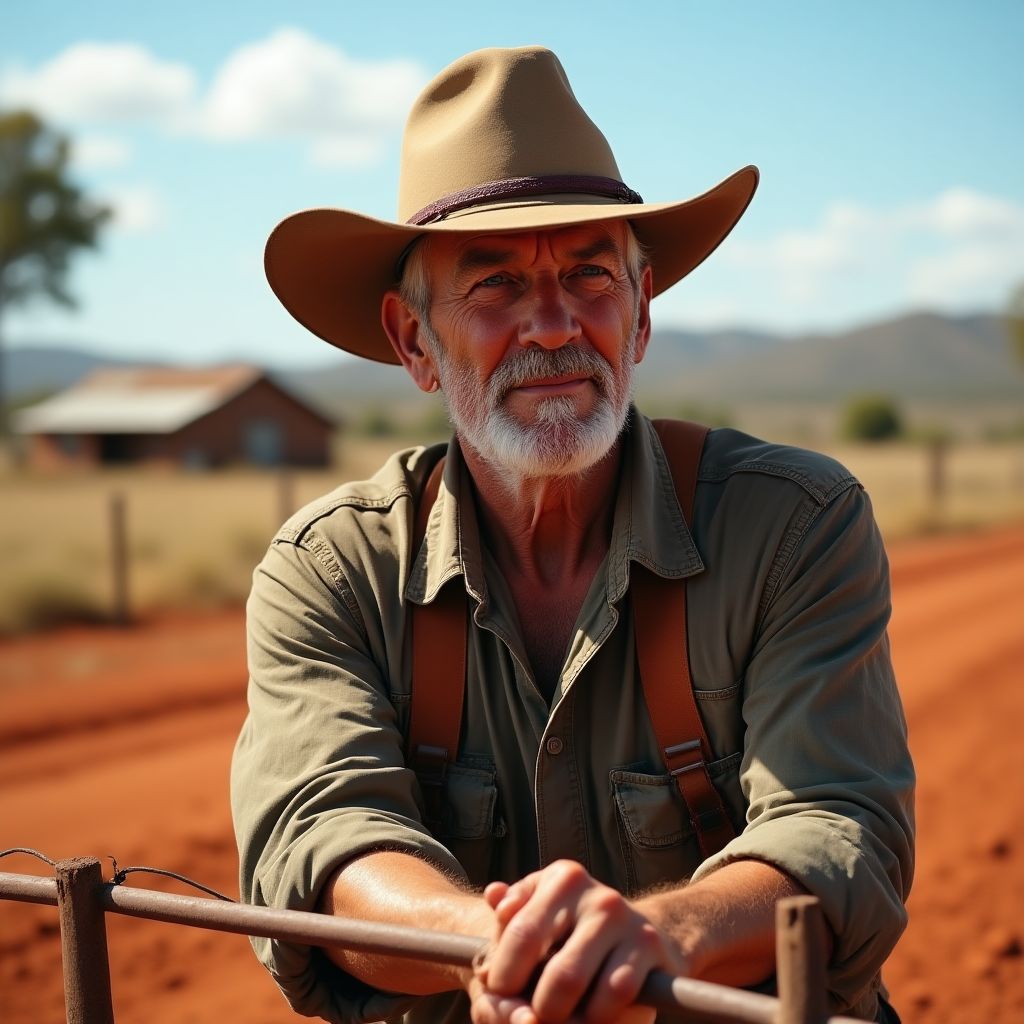
Percent of Australia classified as outback
People per square kilometer in remote regions
Species of unique native birds
Years of Indigenous connection to country
Life in the Australian outback presents a unique set of challenges and rewards. With temperatures that can soar above 45°C in summer and plunge below freezing on winter nights, residents adapt to some of the most extreme climate conditions on earth. Despite these challenges, outback communities continue to thrive, building economies around agriculture, mining, tourism, and increasingly, renewable energy and technology-enabled remote work.
Discover helpful links and resources for understanding and experiencing authentic outback life.
Practical knowledge-sharing events that keep outback traditions alive and communities connected.
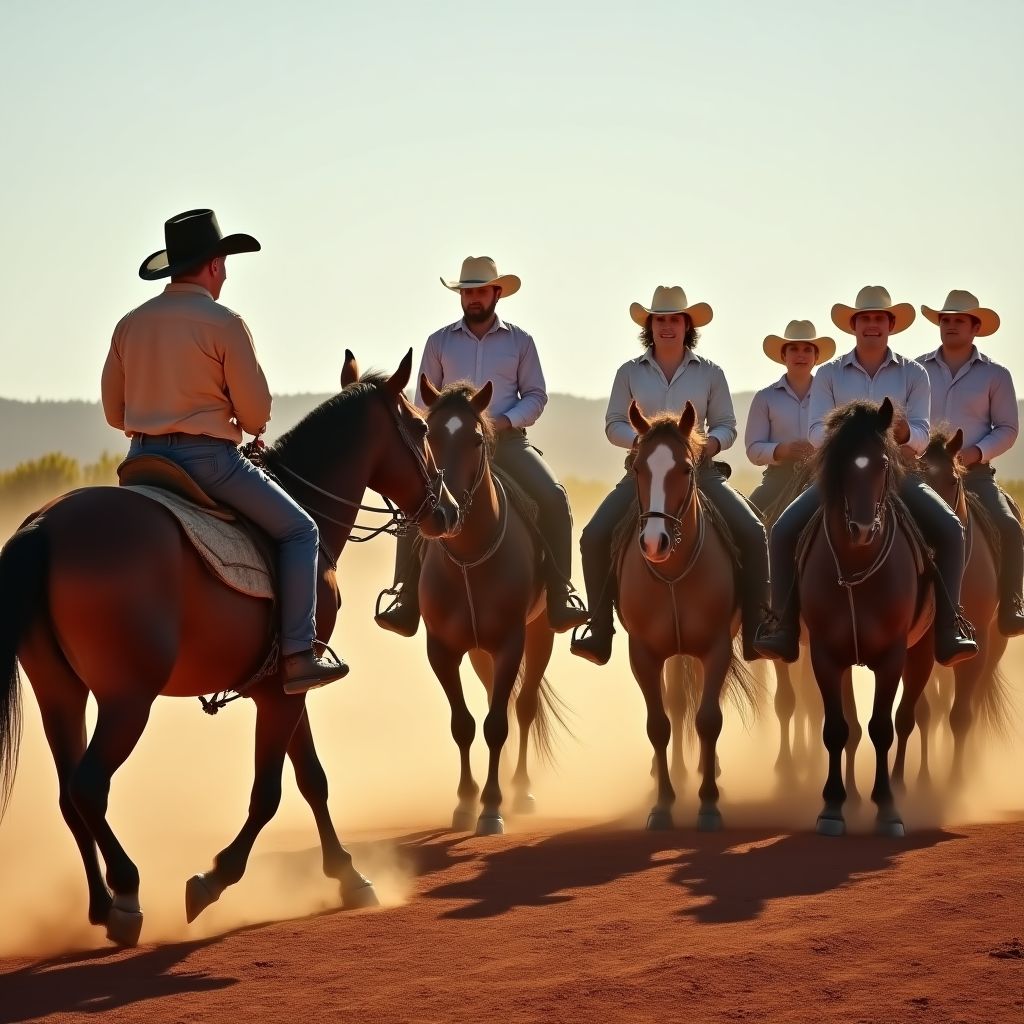
Our most popular workshop brings together experienced stockmen and women to share generations of knowledge about animal handling in harsh conditions. Participants learn low-stress cattle handling, horse management, and the unique skills required for mustering across vast properties. These traditional practices are increasingly valued for their animal welfare benefits and reduced reliance on fossil fuels, while maintaining the cultural heritage of outback station life.
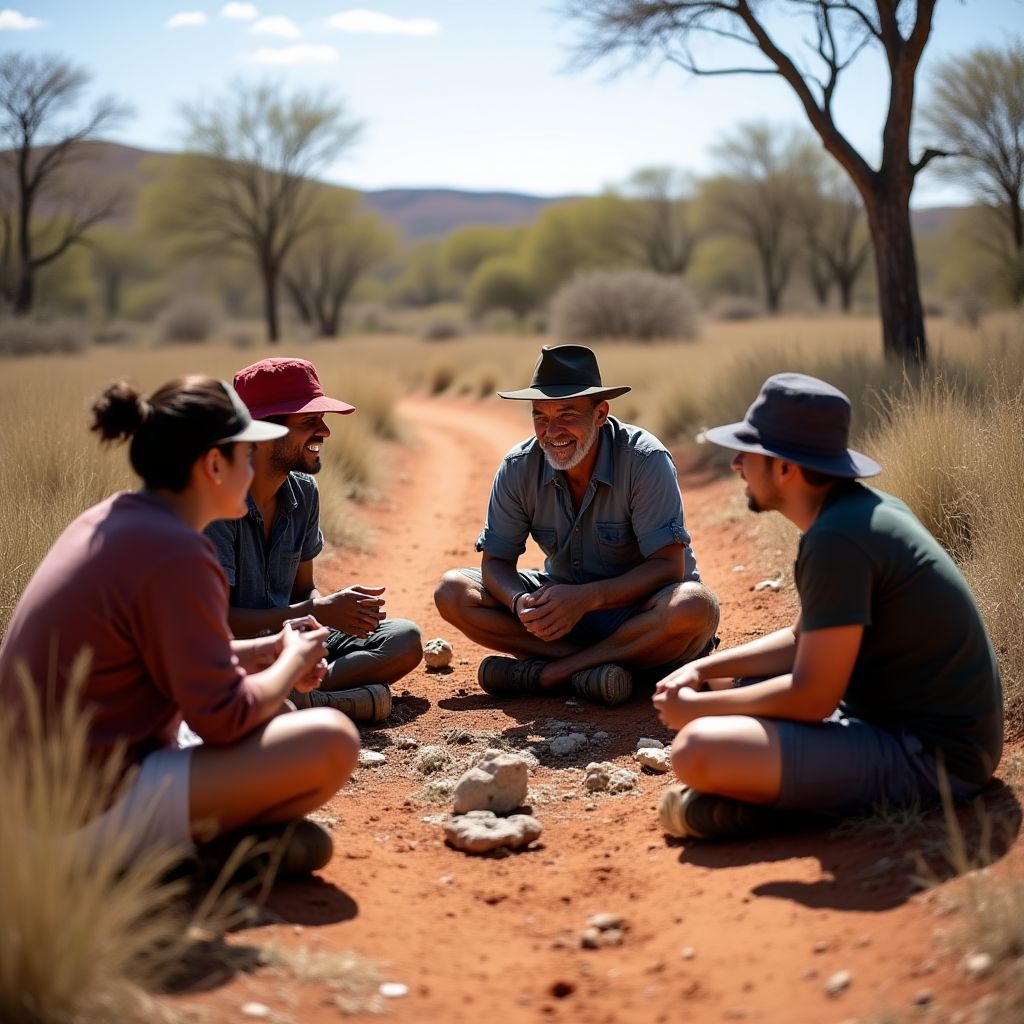
Led by Indigenous elders and outback experts, this intensive workshop teaches critical survival skills for Australia's harshest environments. Participants learn water location and purification techniques, edible plant identification, shelter construction, and emergency signaling methods. This knowledge not only preserves traditional wisdom but provides essential safety skills for anyone living in or traveling through remote areas where help may be hours or days away.
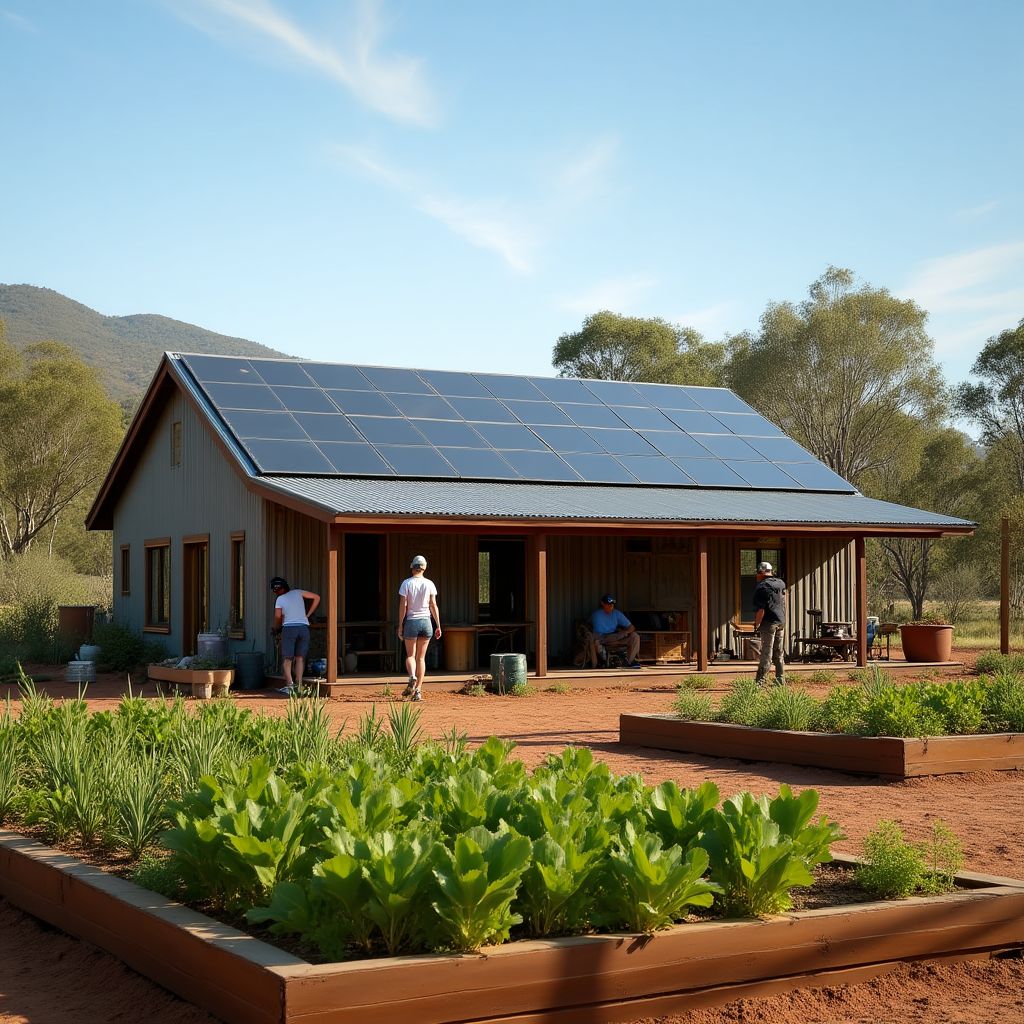
This practical workshop addresses the unique challenges of establishing sustainable systems in remote locations. Covering off-grid power solutions, water harvesting, desert gardening techniques, and waste management, participants gain hands-on experience with systems that provide self-sufficiency in isolated areas. As climate change intensifies the challenges of outback living, these skills become increasingly valuable for both established residents and newcomers seeking a resilient lifestyle.
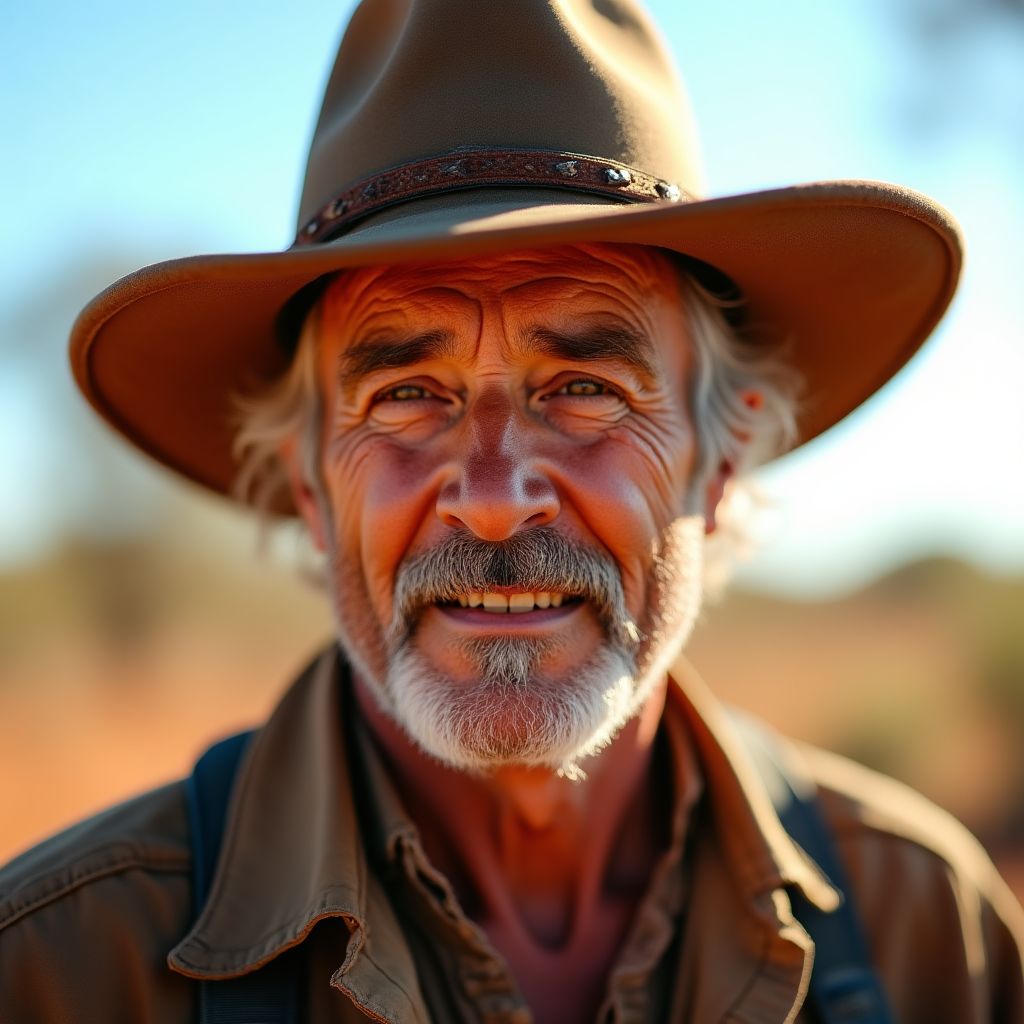
"After fifty years running cattle in the Kimberley, I've seen droughts that would break your heart and floods that take your breath away. What keeps me here is the freedom. There's no place on earth where you can feel as connected to the land as you do in the Australian outback. The community workshops have helped us adapt our methods to changing conditions while keeping the old knowledge alive."
Cattle Station Owner, Kimberley Region
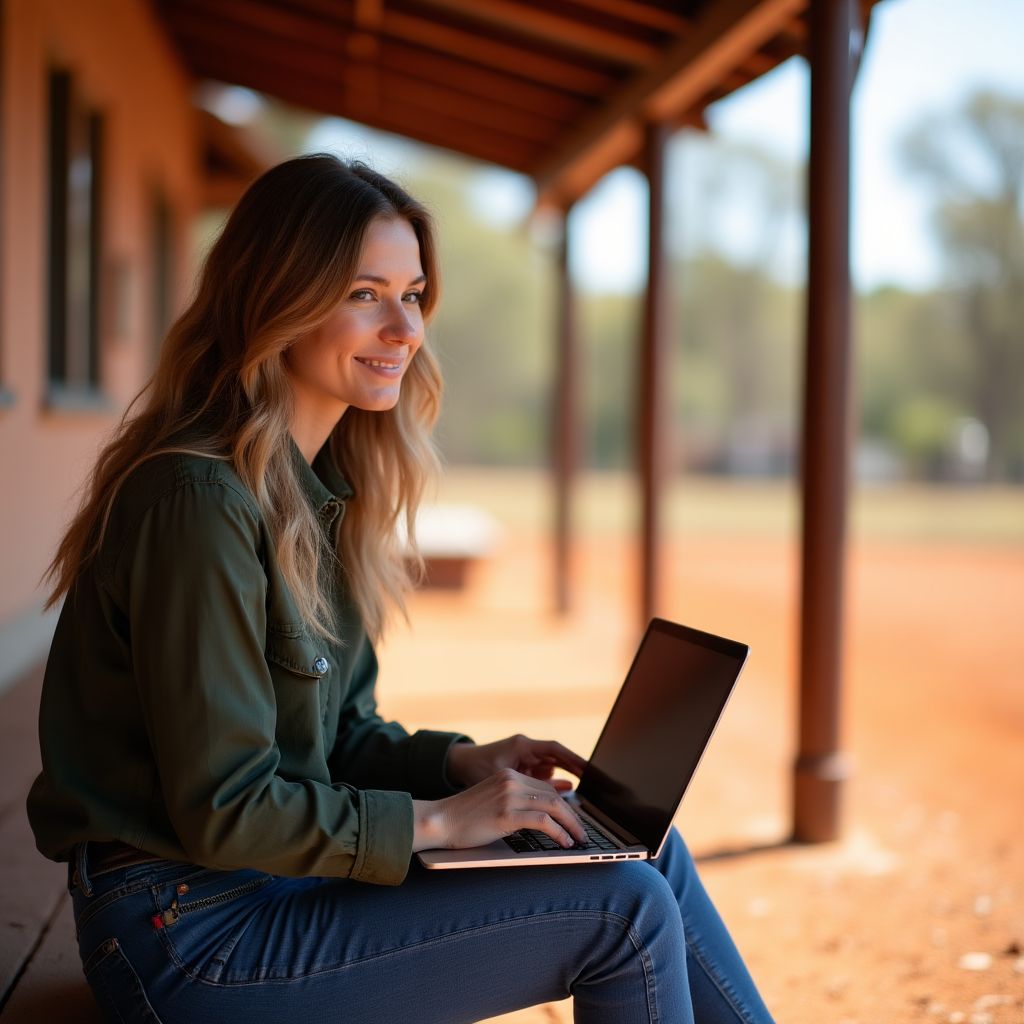
"Teaching in a school with only fifteen students across seven year levels presents unique challenges, but the rewards are immeasurable. You become part of these families' lives in ways that just doesn't happen in the city. When a child who's never had consistent schooling suddenly discovers their potential, it makes the isolation and limited resources worthwhile. The support networks between remote educators have been my lifeline."
Remote Area Teacher, Northern Territory
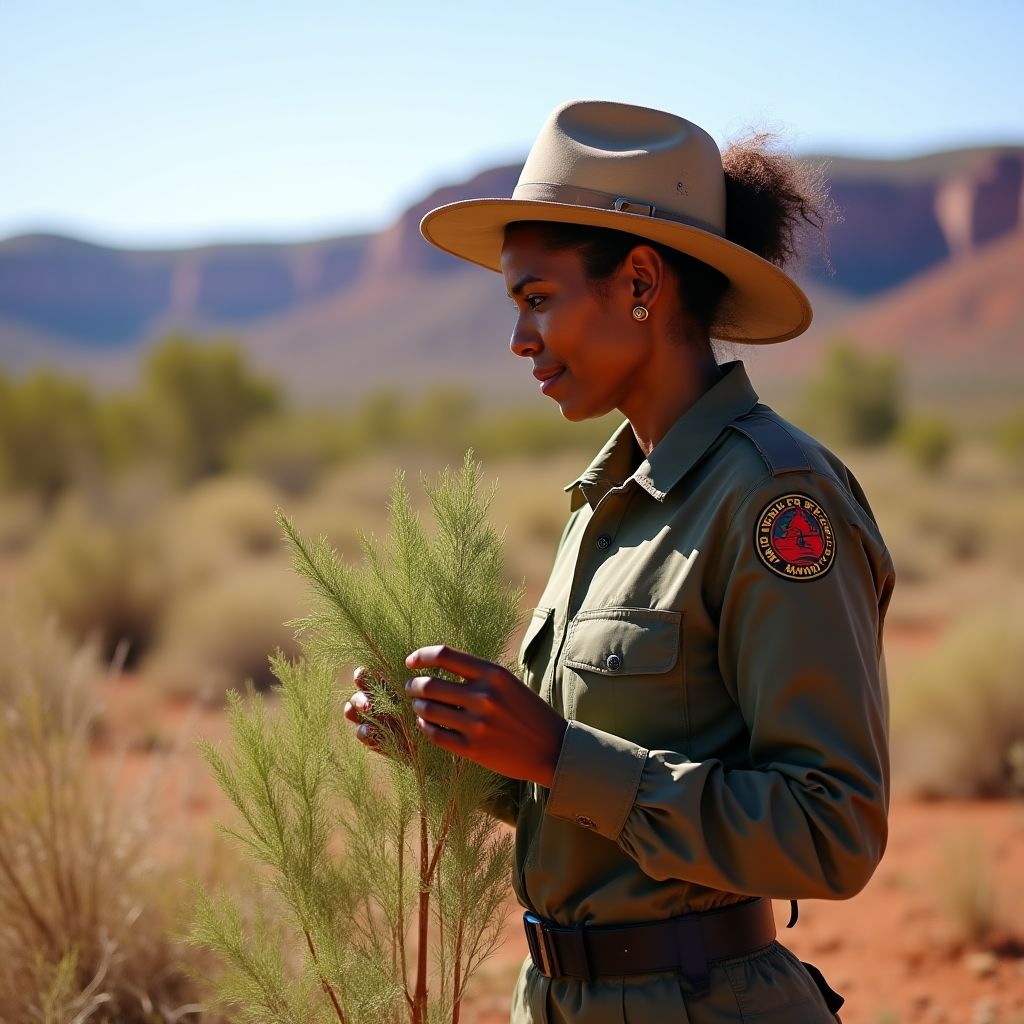
"Working as a ranger on my ancestral country has connected me to knowledge that stretches back thousands of generations. We're using traditional burning practices alongside modern conservation methods, and the land is responding. Birds and animals that my grandfather told me about are returning to healthy country. This work isn't just a job—it's healing for the land and for our people. The skills workshops have helped us share this knowledge with the wider community."
Indigenous Ranger, Central Australia
Recognized for our Sustainable Outback Living program that has helped over 300 remote households develop resilient water and energy systems adapted to changing climate conditions.
Awarded $250,000 to expand our Indigenous-led workshops preserving traditional ecological knowledge and language related to outback environments.
Recognized by the Australian Rural Development Council for creating support networks that maintained community connections during extended drought and pandemic isolation.
Honored for pioneering remote digital access programs that connected isolated communities to essential services and educational opportunities during COVID lockdowns.
We collaborate with organizations committed to supporting sustainable outback communities.


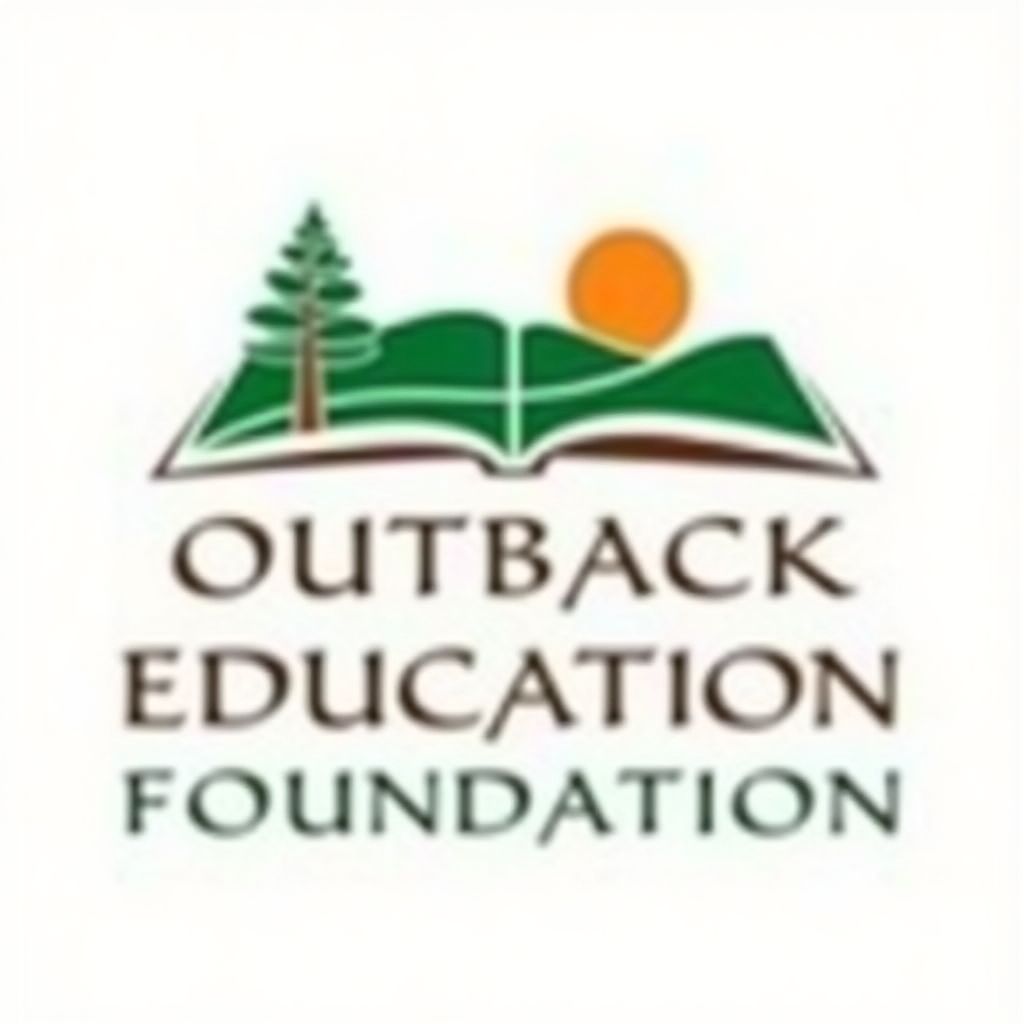
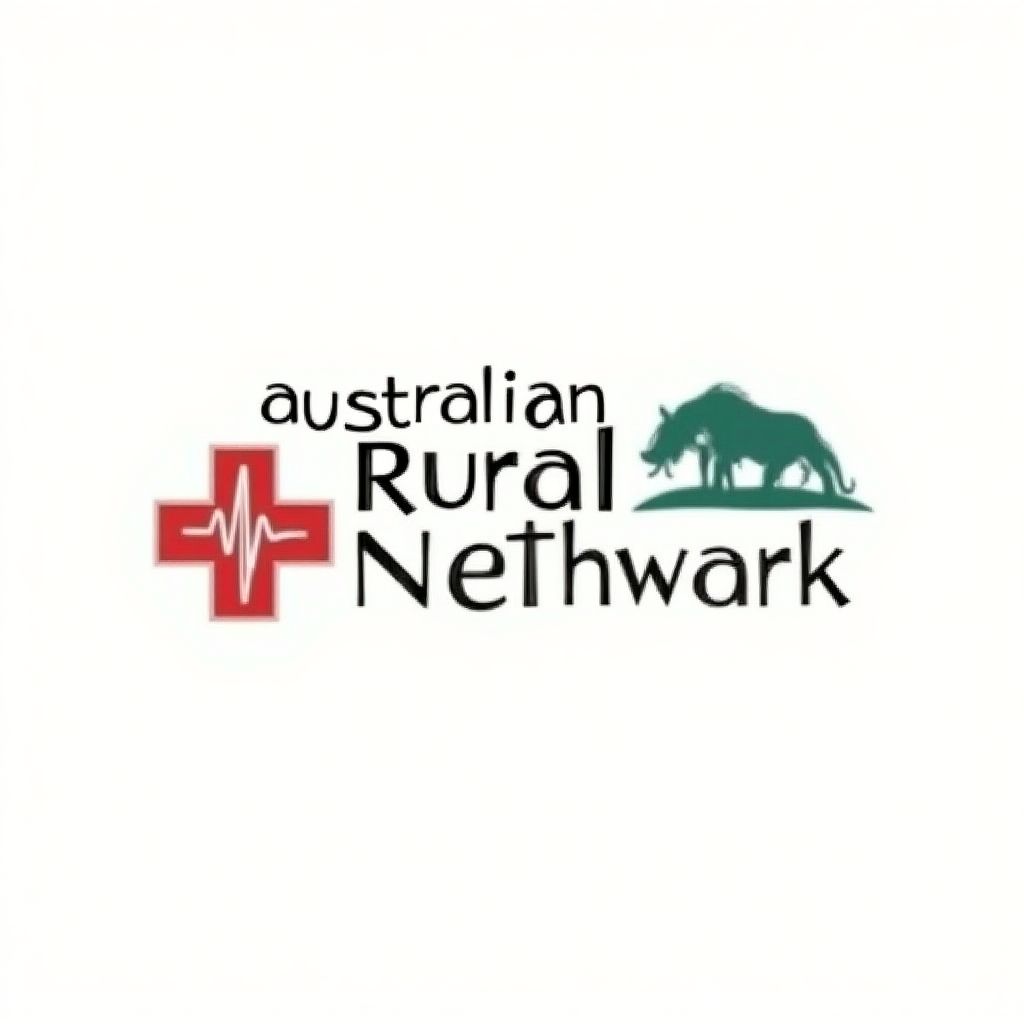
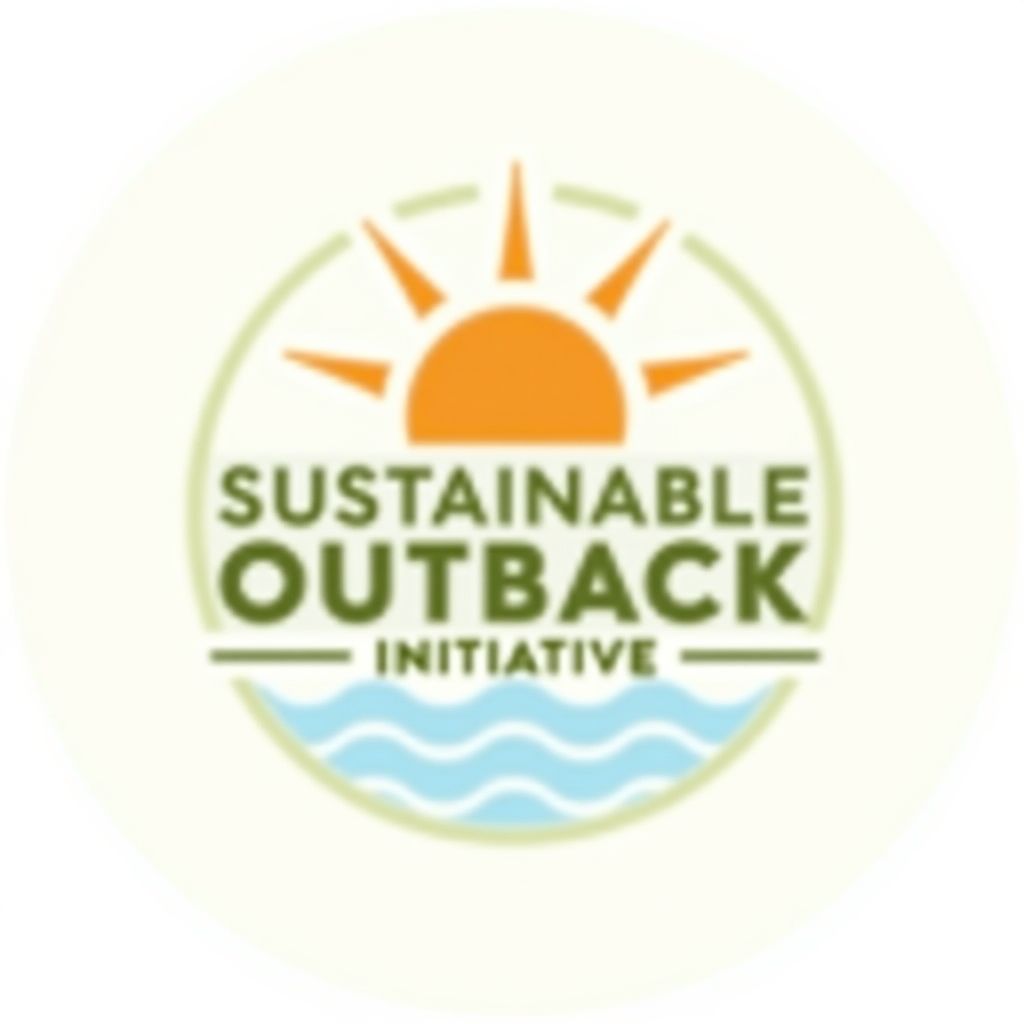
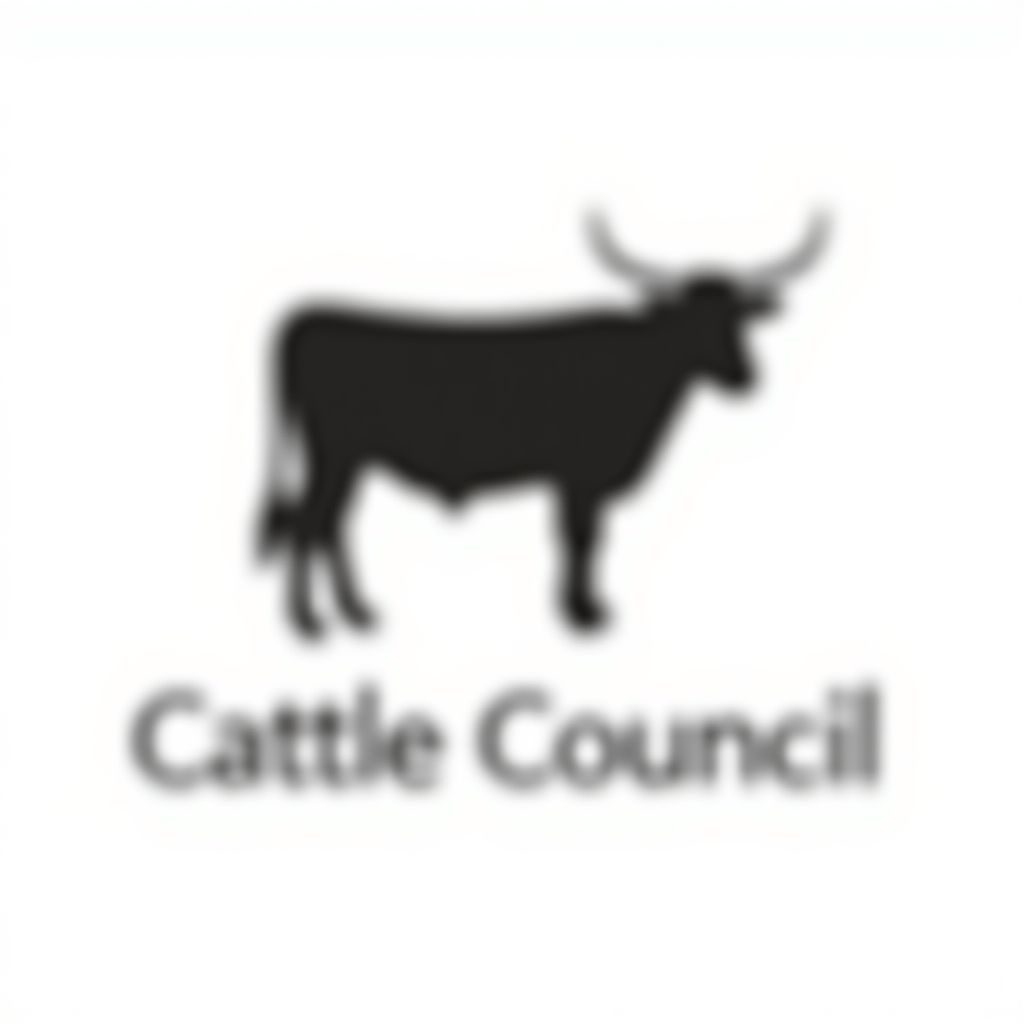
Whether you're a long-term outback resident, considering a tree-change, or simply curious about remote Australian life, we'd love to hear from you. Our community coordinators are available to answer questions and connect you with relevant resources.
Outback Life Centre
PO Box 237
Alice Springs NT 0871
Australia
Main Office: (08) 8955 1234
Community Support: 1800 OUTBACK
General Inquiries: [email protected]
Workshop Bookings: [email protected]